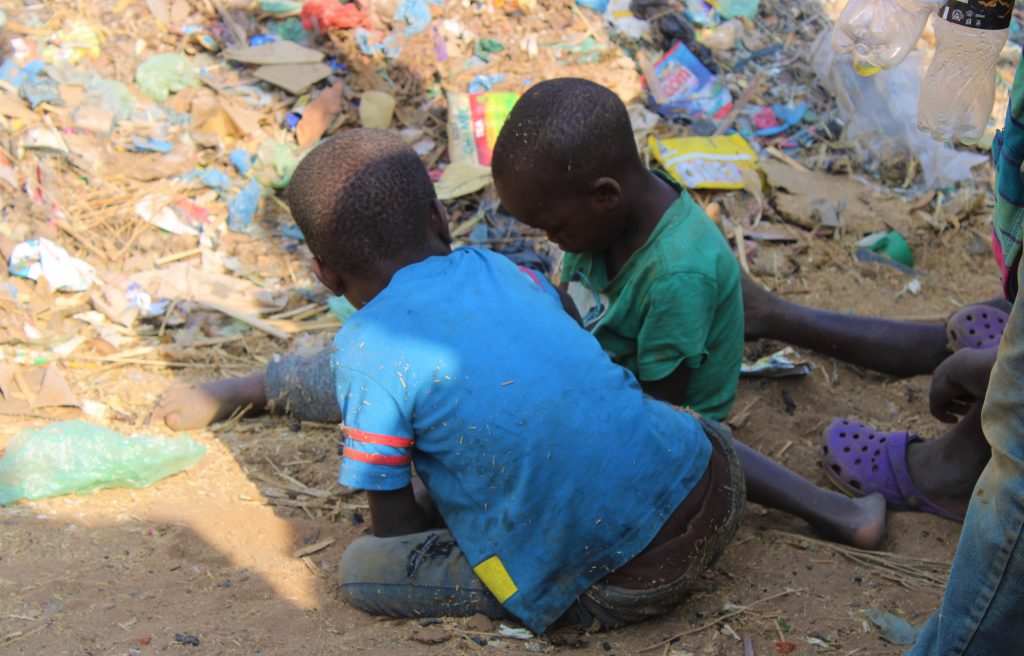Violence against children remains rampant in Malawi, but a nationwide study conducted in 2015 shows that less than one in ten victims receive the necessary support.
The findings show that when Malawian children experience violence, over six in every 10 are most likely to seek help, but seldom get assisted.
Very few children receive service support after reporting abuses
“In case of sexual violence, more than 60 percent of survivors told someone about it, but less than 10 percent received services. In terms of physical violence, half to two-thirds of children tell someone about the abuse but one in 10 receives services,” reads the Violence against Children released by the government with support from Unicef.
It shows that 22 percent of girls experienced sexual violence in childhood and 61 percent of them told someone about their experiences of sexual violence.
The neglected cases include widespread child marriages, defilement, neglect, exploitation and harmful practices which infringe on their well-being, growth and rights to education.
Speaking during the Child and Youth Friendly Communities Initiative (CYFCI) Conference held in Mangochi last week, the Law Commission chief civic education officer Gills Msiska said the figures suggest that Malawian child is living dangerously.
“The figures, which show that two out of three Malawians experience violence in their childhood, indicate that most of the girls and boys are not safe at home, in schools and in communities because that is where they experience sexual and physical abuse which hinders their ability to participate in development programmes,” he stated.
He said the commission mandated to review laws will intensify efforts to sensitise Malawians to existing child protection laws, particularly in the districts of Chikwawa and Nsanje where Unicef is implementing the CYFCI programme.
Msiska expects increased awareness of existing laws and protection services to increase demands for accountability from duty-bearers and access to necessary support while confronting harmful practices and gender norms that fuel violence against children, especially girls.
Unicef Malawi chief community development manager Matteo Frontini asked local councils to reform governance systems and create opportunities that will accelerate progress for children through CYFCI.
“We want the councils’ social and economic plans to have a voice of every child so that they can be considered as an important part of the system that will prioritise the aspiration of children and the youth in meeting the Malawi Agenda 2063,” he said.
Development Communications Trust executive director Prince Mtelera says that to reverse the trend, the project seeks to empower children to participate in public affairs in their communities.
He explained: “Children and youths are given a chance to include issues that relate to them by telling their stories that help in the development of the village action plans.
“The initiative is also creating safe spaces for children to engage different stakeholders where the quality of services was not provided effectively.”
Chikwawa District Council director of planning and development Thokozire Munthali commends the programme for giving children and the youth an opportunity to demand and access necessary interventions.
“We expect that this programme will bring interventions that are tailored to meet the specific needs of the youth and children while empowering them to participate in the planning, monitoring and implementation of various interventions,” she said.
The post Making systems child-friendly appeared first on The Nation Online.
 Moni Malawi
Moni Malawi 

